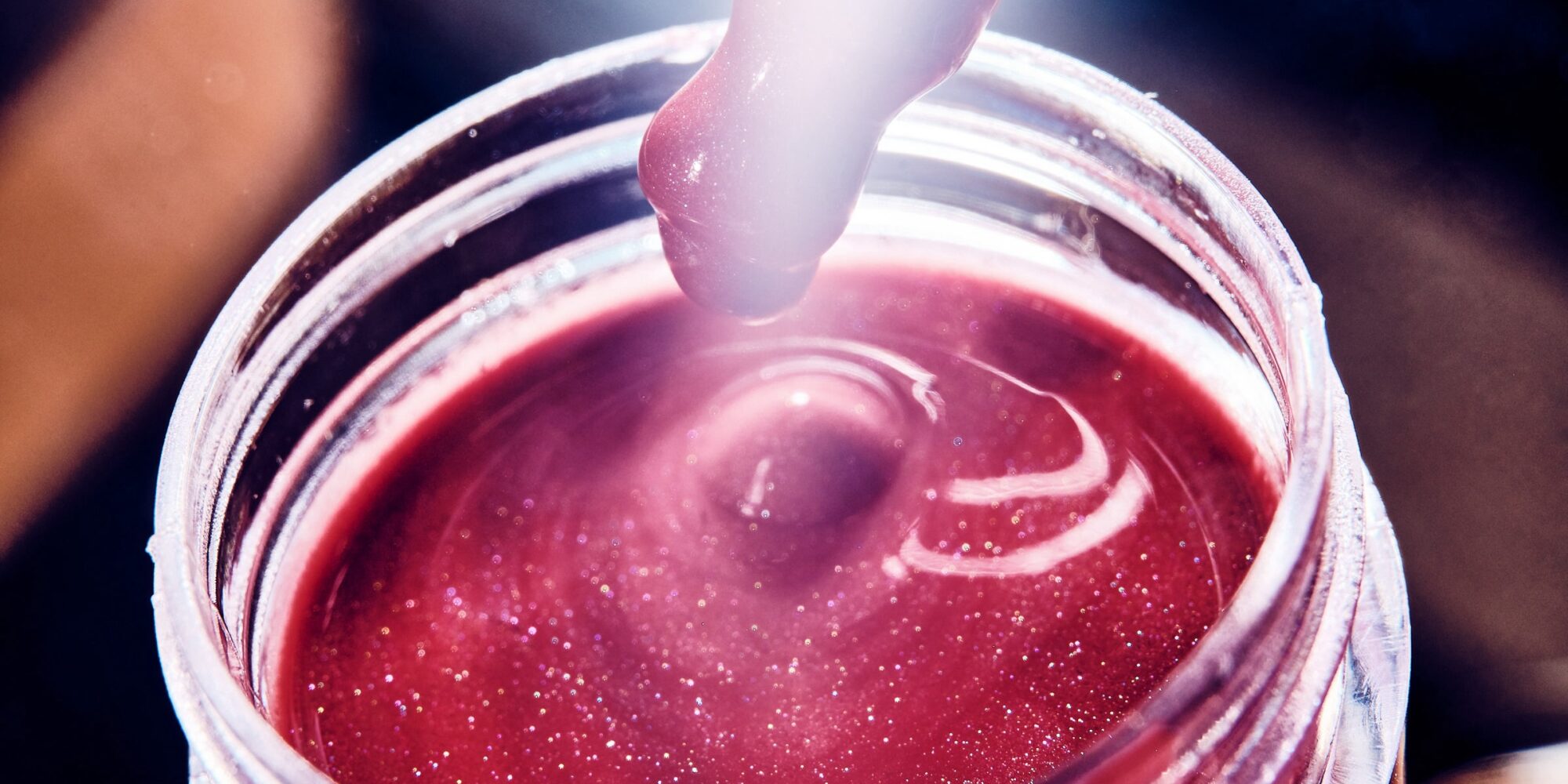
Biotech Firm Cellugy Scores $9.25M Grant To Replace Petrochemicals In Beauty Products
An eco-friendly alternative is no good if it can’t perform like the cheap, eco-unfriendly material it’s substituting. Cellugy is fully aware of that—and its goal is to replace xanthan and cellulose gums and petroleum-derived microplastics in cosmetics with lab-created ingredients that are equal in performance while being better for the earth.
The Danish biotechnology firm has moved a step closer to its goal by securing a $9.25 million grant from the European Union’s Life Programme supporting the environment and climate action. Earlier, it raised 12 million euros or nearly $14 million in equity funding. Cellugy’s investors, including ICIG Ventures, Unconventional Ventures, Joyance Partners, PSV DeepTech, The Footprint Firm and EIFO, span Europe and the United States and consumer and science focuses.
Over a 4-year period, the latest grant funding will help the firm scale to optimize and commercialize the production of what it calls its BIOCARE4LIFE Project kickstarted by EcoFLEXY, a powder cellulose-based rheology modifier or substance that improves viscosity. Cellugy figures petrochemical materials account for almost 70% of the $3.2 billion global market for rheology modifiers.
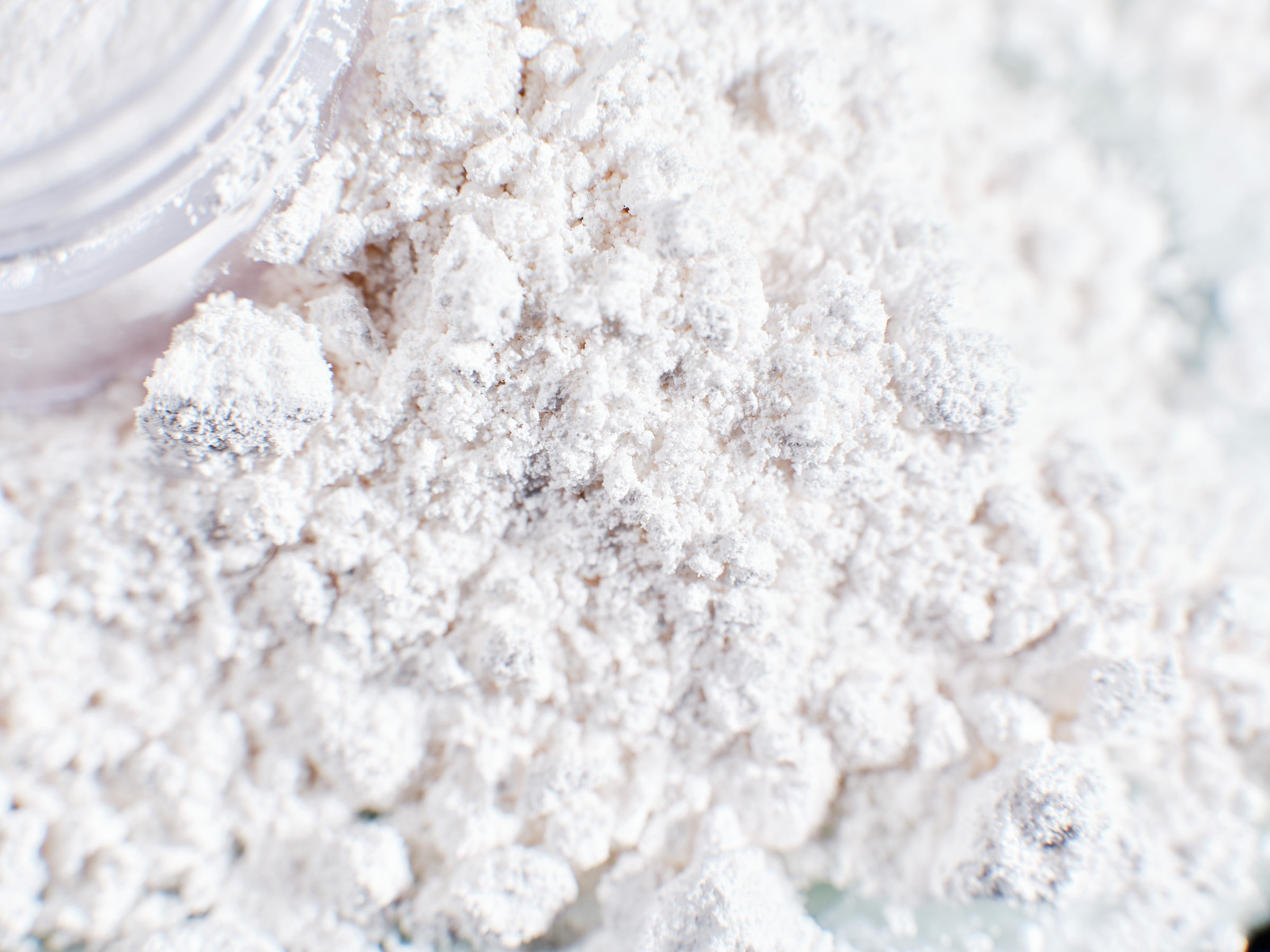
“Good intentions won’t drive industry change,” says Cellugy CEO and co-founder Isabel Alvarez-Martos in a statement. “We need higher-quality alternatives like EcoFLEXY that make it easier, not harder, for brands to choose sustainability. Only when bio-based materials match or exceed the performance and economics of traditional ingredients will we see the transformation needed to protect both human health and our planet.”
In the long term, she continues, “We are working towards becoming very attractive for someone else that can really bring it to the really, really large scale. Of course, we will be doing as much as possible to become a leading player in the ingredients space. That’s what we want to become, but we know that, to really, really serve the market and the need that it has, we need more power on the table.”
Beauty brands are swapping out microplastics and other petrochemical ingredients due to governmental and consumer pressure. Globally, countries are adopting microplastic restrictions to stem the tide of the extremely small plastic particles into the environment, where they can harm ecosystem health and contribute to climate change. The EU, for example, requires that certain cosmetic products such as lip, nail and makeup products be free of microplastics by 2035.
According to a 2024 study published in ScienceDirect, beauty products often have at least two microplastic ingredients. The EU approximates that some 42,000 tons of microplastics intentionally added to products end up in the environment each year. Cellugy estimates it will prevent the release of 259 tons of microplastics annually in four years and up to 1,289 tons annually by 2034.
“Only when bio-based materials match or exceed the performance and economics of traditional ingredients will we see the transformation needed to protect both human health and our planet.”
At the moment, Cellugy produces EcoFLEXY in 2,000-liter fermentation tanks that yield tens of kilos, but it’s expanding to around 100,000-liter fermentation tanks to yield hundreds of kilos. The firm has a relationship with an undisclosed European contract manufacturer housing the tanks.
Alvarez-Martos projects Cellugy will begin achieving revenues next year and cross into profitability within four years. “Our profitability will be very much driven by us being able to reach a scale and bringing unit cost down, nothing new for these kinds of technologies,” she says. “Scale at the moment is the biggest cost driver that we have in our production. So, bringing it to scale will significantly reduce already how much it’s costing us to produce.”
Also next year, Cellugy plans to release its second ingredient, a rheology modifier that works with surfactant systems in products like shampoos and cleansers. As it grows, the firm is building its team, now at 13 people. The head count is expected to double in four years.
Alvarez-Martos founded Cellugy in 2018 with Deby Fapyane, the firm’s chief science officer, after a challenge at Aarhus University that led them to work on creating biofabricated cellulose materials to replace fossil fuel-derived materials. They both hold doctorates, Fapyane in nanotechnology and Alvarez-Martos in analytical chemistry. A third co-founder, Paran Sihombing, brings business and marketing chops. He previously held roles at Siemens Gamesa, Lazada Group and Accenture.

Currently, it’s used by Bioli, a Danish biotech skincare brand, to provide a light refreshing feel and stabilize an antioxidant enzyme. All told, about 30 brands are in Cellugy’s pipeline to use EcoFLEXY. The firm describes the cost of EcoFLEXY as competitive with the ingredients it replaces, albeit at the higher end of the price spectrum. Not specifically sharing EcoFLEXY’s pricing, Alvarez-Martos calculates the prices of ingredients like it range from 5 to 150 euros or about $6 to $175 per kilo.
Cellugy ferments a proprietary bacteria strain to produce the cellulose substance and other water-soluble polysaccharides. Unlike cellulose fibers from wood sources that need to be treated, the firm’s fermentation process can repeatedly yield consistent forms of the ingredient. Alvarez-Martos says, “You are generating those fibers in their purest state in a way that you preserve their unique properties.”
She adds, “The high interest we see in our technology is because it can really deliver at the same level of performance as petrochemicals, while overcoming the challenges of natural alternatives. They are generally sticky and have pilling effects.”
Click here to secure Early Bird tickets to Dealmaker Summit happening November 10 & 11 in London.



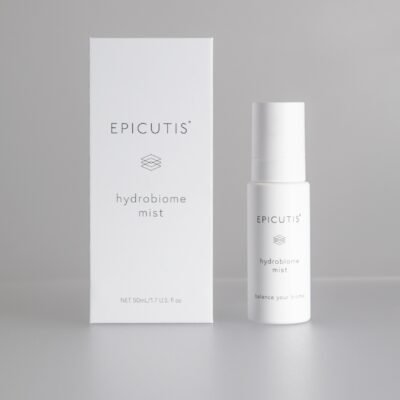
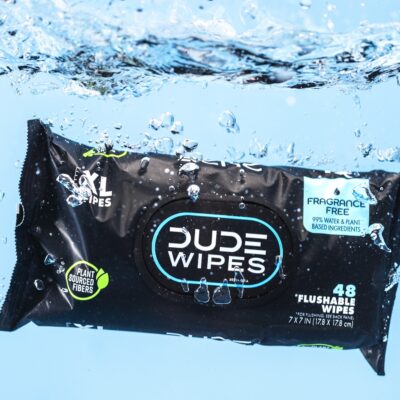
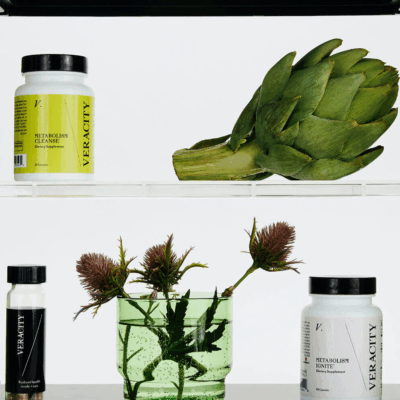

Leave a Reply
You must be logged in to post a comment.